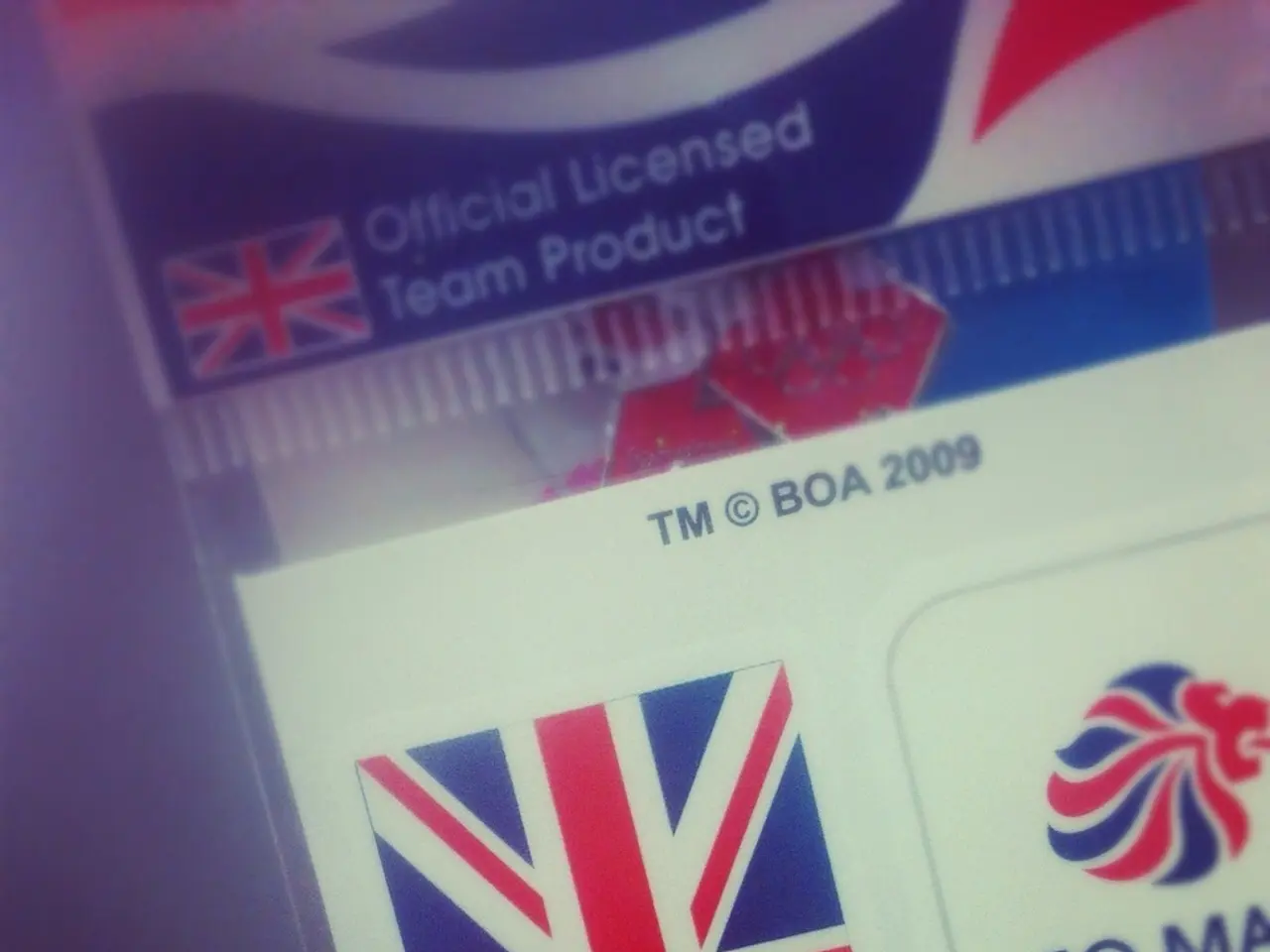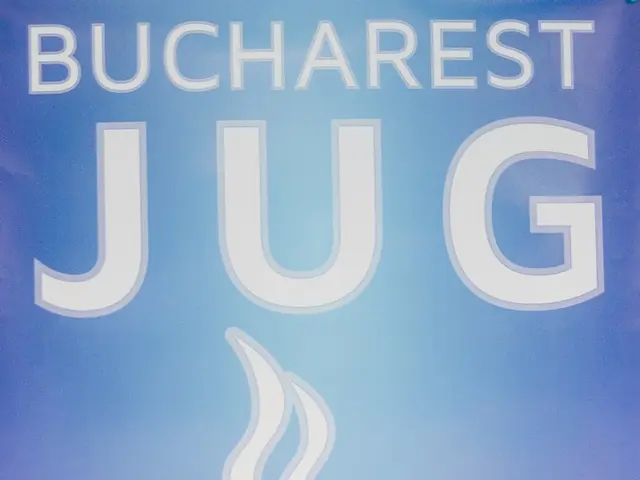Wealthy individuals gain access whilst experts are denied by Trump's policy changes
The Trump administration has announced plans to impose a significant increase on the processing fee for the H-1B visa, a category frequently used by U.S. tech companies. The new fee, set at $100,000 (approximately £85,000), is part of a broader initiative that includes the implementation of the "Gold Card" program.
The "Gold Card" program, initially announced in February, is moving to its next stage of implementation. This new program resembles a "Green Card" and allows holders to apply for citizenship after a certain period. However, the legal sustainability of the regulation is uncertain.
The proposed H-1B fee increase is expected to burden the U.S. tech industry, which has relied heavily on foreign workers, many of whom originate from India and have contributed significantly to the success of Silicon Valley. Companies will now have to consider if a job candidate is valuable enough to pay an additional $100,000 to the government on top of their salary, or if they should hire American workers instead.
U.S. President Donald Trump has also signed executive orders for the "Gold Card" program, which grants permanent residency to wealthy immigrants in the United States for a fee of $1 million. The program is intended to attract wealthy immigrants and foreign investors to the United States.
The "Gold Card" and "Trump Platinum Card," which requires congressional approval, offer benefits different from the "Gold Card." The "Trump Platinum Card" allows companies to bring employees into the country for $2 million per head and provides up to 270 days of residence per year without paying U.S. taxes on income earned outside the U.S., but it does not provide a path to citizenship.
Critics argue that the H-1B visa is being misused and taking jobs away from American employees. However, the administration may grant exceptions for individuals, companies, or entire industries if they recognize a national interest in deploying certain specialized skills. Exemptions are particularly considered for medical professionals such as doctors and nurses.
The CEOs of major tech companies have been trying to build a closer relationship with the Trump administration, but their efforts have not resulted in changes to the visa rules. Howard Lutnick, U.S. Commerce Secretary, was present at the White House when Trump signed the executive orders for the "Gold Card" program.
Initially, 80,000 "Gold Cards" will be available, with Trump planning to evaluate the program's prices and model before making any adjustments. The increased fee for the H-1B visa category is a part of Trump's plans to restrict visas for skilled workers that many U.S. tech companies rely on.
Trump claims that the tech companies will be "very happy" with the new regulation, but this remains to be seen. Details regarding criteria and procedures for exemptions are still pending.
Read also:
- Electric-powered vessels take to the waters of Maine
- Elon Musk accused by Sam Altman of exploiting X for personal gain
- Comparing the value of top electric scooters: Kinetic DX versus Bajaj Chetak versus TVS iQube - Which one offers the best bang for the buck?
- American Eagle's risque promotional effort featuring Sydney Sweeney leads to the brand being categorized as a 'trendy stock' among teenagers.







